Wellbeing
Value of the Term - Responsibility

Wellbeing
Value of the Term - Responsibility
Respectful Relationships Term 2 Update
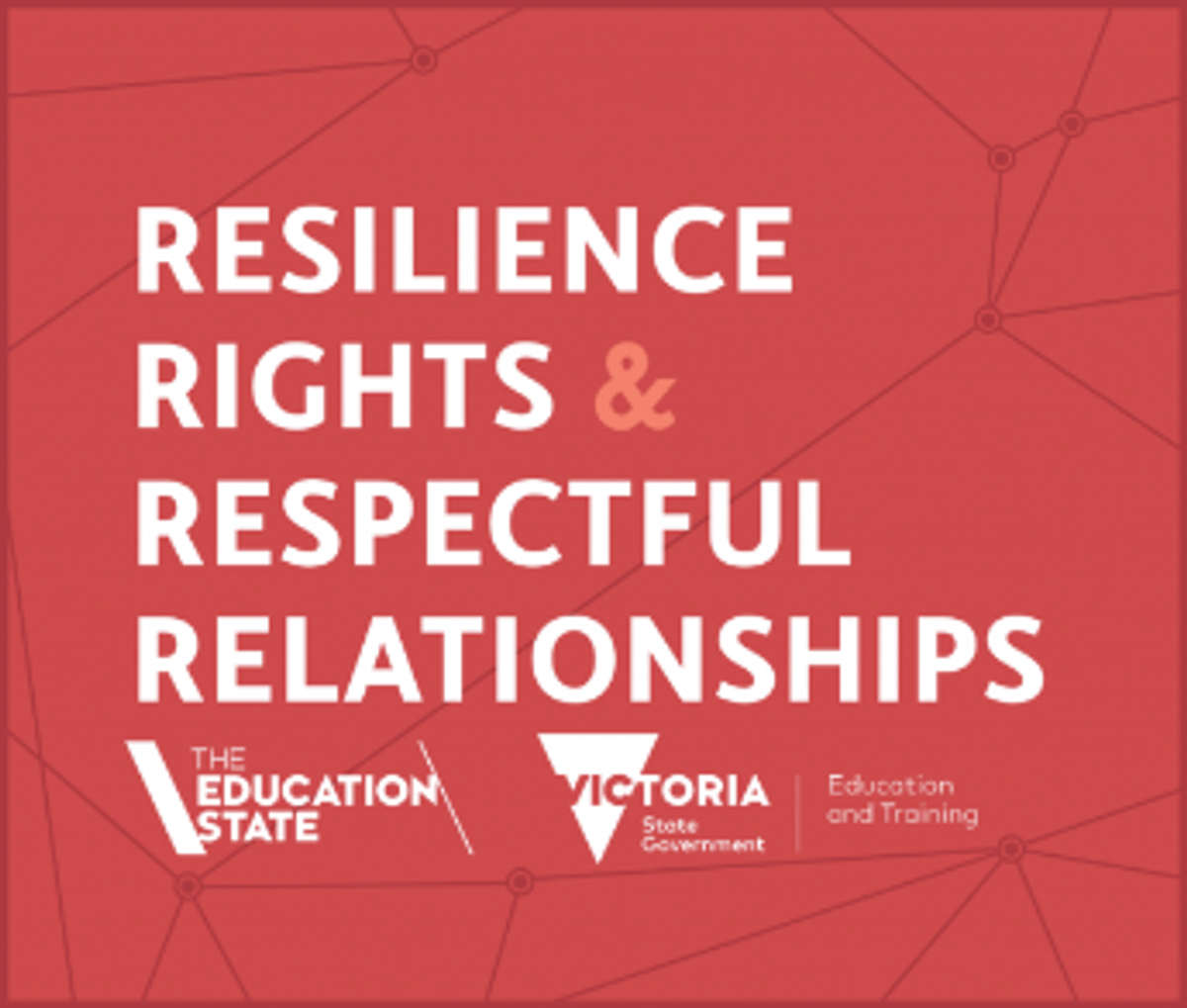

Background
The Statewide Respectful Relationships & Gender Equity initiative is currently embedded in schools throughout Victoria with the aim to reduce Australia’s Family Violence problem.
The Victorian Government recognises that the family violence statistics are unacceptable and has committed to creating deep cultural change through community awareness, education, and targeted programs. The Government’s first step was to activate a Royal Commission into Family Violence which has resulted in 227 recommendations for reform. These recommendations have triggered the most comprehensive, cross-sectorial, reform initiative regarding Family Violence that Australia, and the world, has seen.
The Role of Education:
The Royal Commission identified schools as being perfectly positioned to play a critical role in changing negative attitudes toward girls and women - attitudes that are believed to contribute to violence. It is recommended that schools work harder to teach Respectful Relationships to all students, and promote gender equity in all aspects of their school communities. It is hoped that through such education our young Australians will drive deep cultural change throughout our society as they mature into adults.
Using the Respectful Relationships teaching and learning materials provided by the Victorian Government, children will learn problem-solving skills, to develop empathy, support their own wellbeing and build healthy relationships with others. These age-appropriate and evidence-based materials are designed to enable teachers to develop student’s social and emotional capabilities to promote positive, healthy and respectful relationships. They provide teachers with handouts and activities for students that guide classroom discussion.
Rochester Primary School is committed to creating a school community where girls and boys, men and women, are respected as true equals (by themselves and by others) and ALL community members are protected from any form of discrimination.
Units covered across the school in Term 2 have been - Positive Coping and Problem Solving-
In our Problem-Solving unit, students were provided with a number of learning activities to develop their problem-solving skills and apply critical and creative thinking to scenarios exploring personal, social and ethical dilemmas.
In our Positive Coping unit, we have worked with students to cover a range of positive coping skills, helping them to develop and practise those skills to enable them to cope with future changes and challenges. Positive self-talk is a key strategy for coping with negative thoughts, emotions and events. Resilience research shows that use of positive self-talk is associated with greater persistence in the face of challenge, whereas negative self-talk is associated with higher levels of distress, depression and anxiety. Positive self-talk can be learnt or strengthened through practice.
Below are some of the Grade 3&4 students learning about “Problem Solving” though a fun board game-
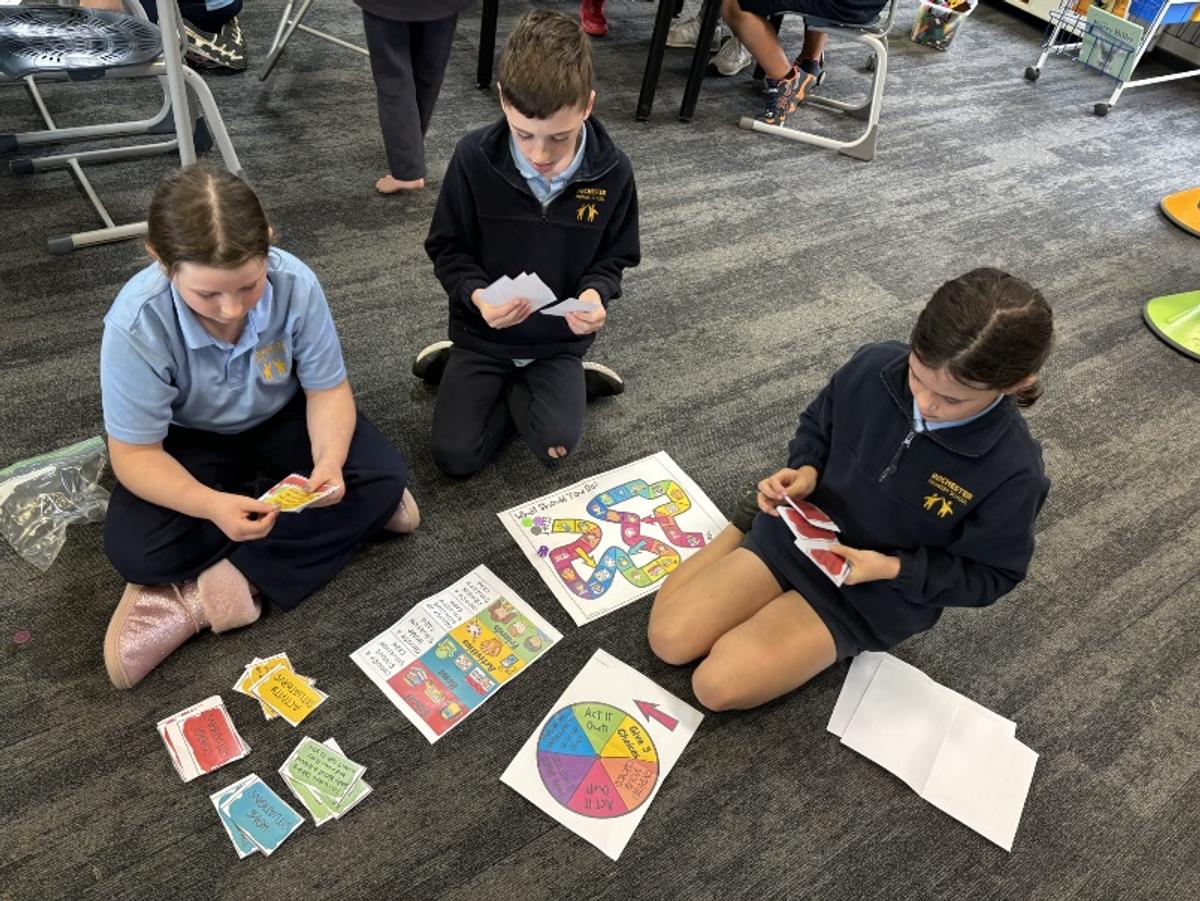
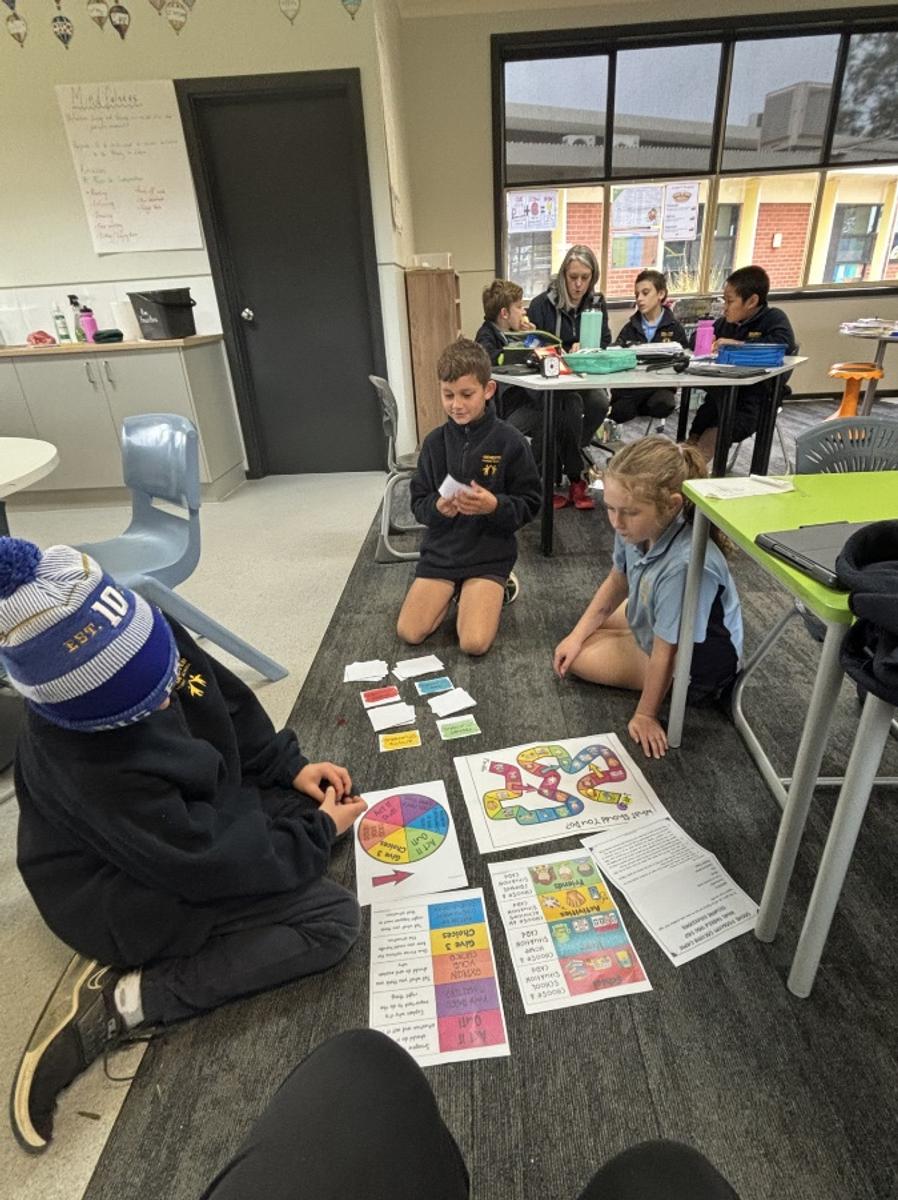


Self-Regulation Fact Sheet- Be You
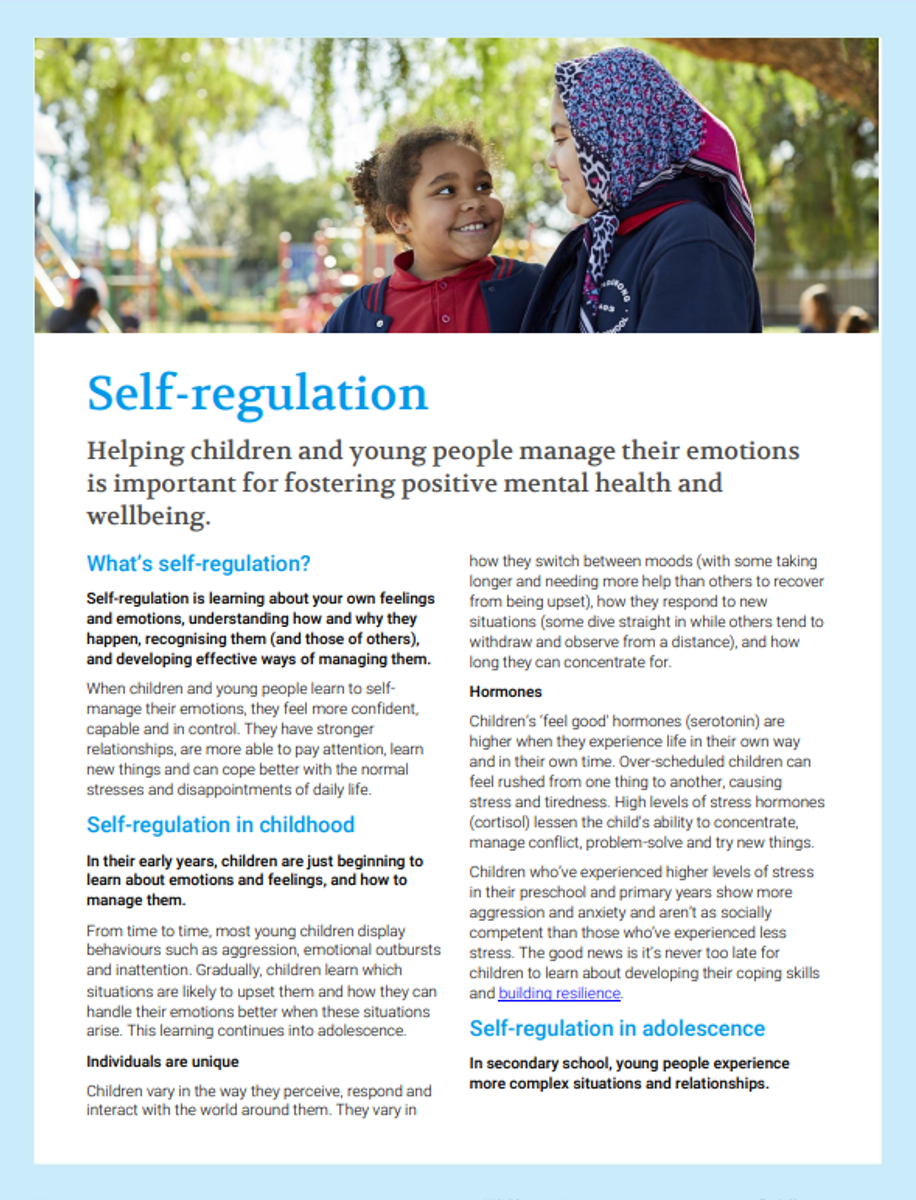

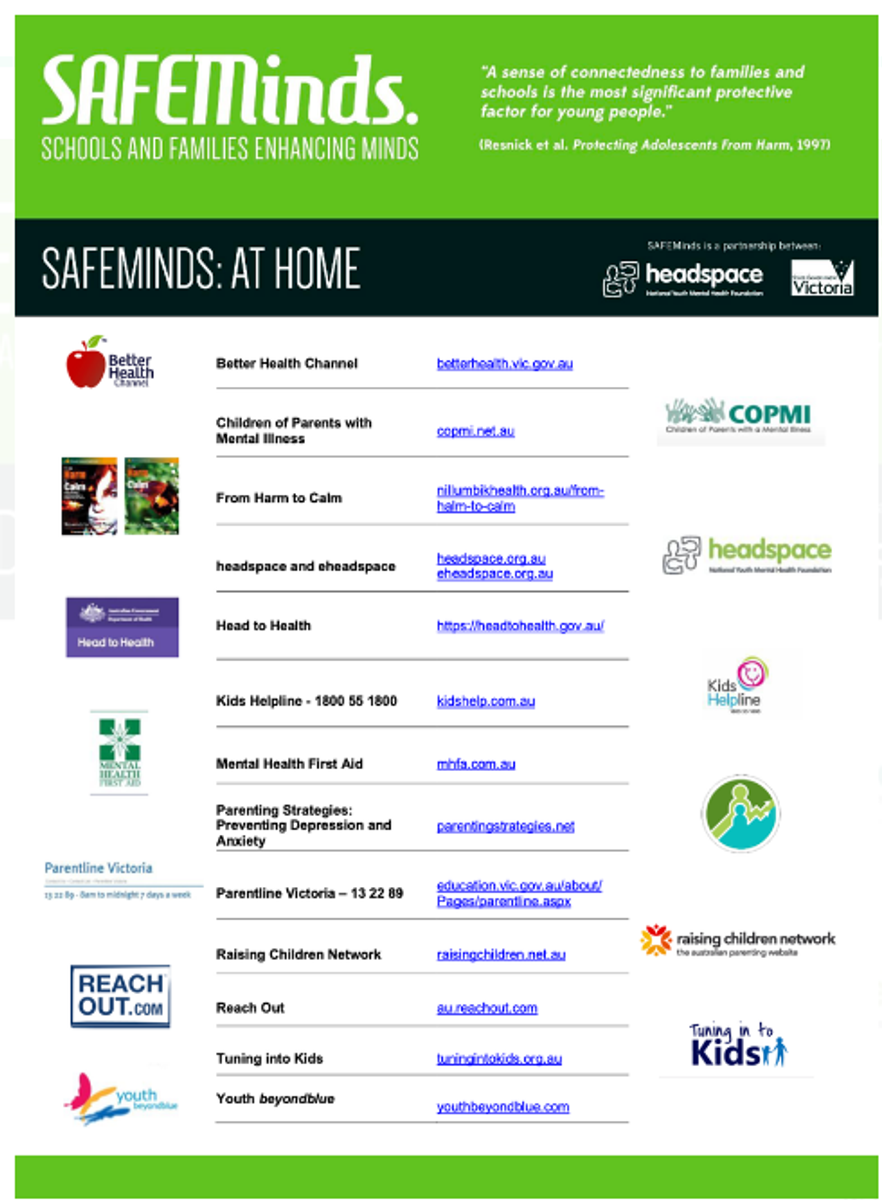

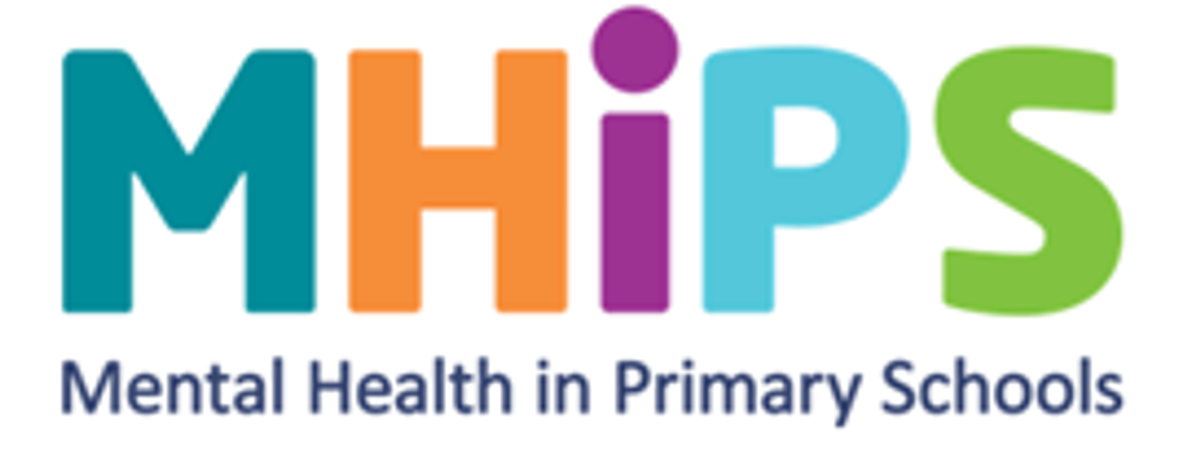

Leesa Ross- Mental Health & Wellbeing Leader R.P.S
|